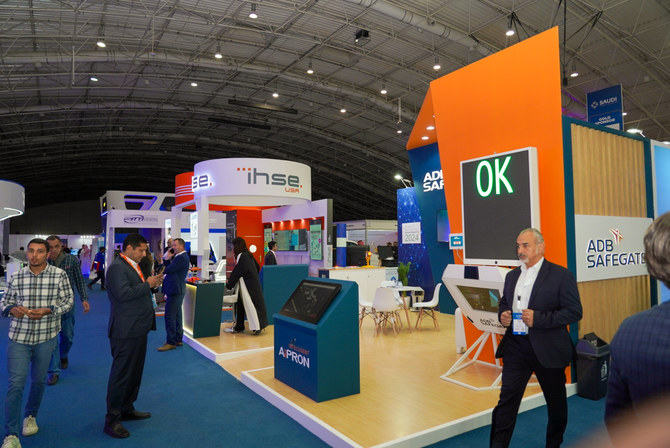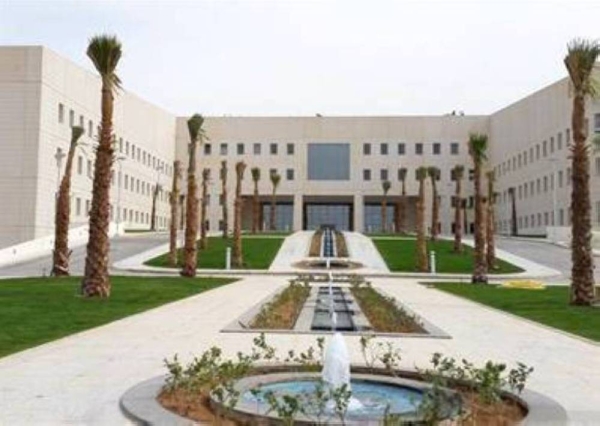
RIYADH: To ensure technological progress and continued safety, it is essential to make innovation part of the aviation sector’s culture, a senior representative of the Federal Aviation Administration said.
Addressing a panel on “Regulatory Frameworks and International Cooperation” at the two-day Saudi Airport Exhibition, commencing on Dec. 19 in Riyadh, Mohammad Kushan, senior representative for the Middle East and North Africa at the FAA, highlighted the significance of integrating innovation into the aviation culture, noting how it applies to the sector’s mandate around safety and technological progress.
“For example, what we are currently dealing with as an industry is the deployment of electric vertical takeoff and landing and advanced mobility,” he said, emphasizing that discontent and frustration are expected components of the legal process from both regulatory and safety standpoints. Underscoring, however, that this is part of the transformative journey.
Commenting on public perception and acceptance of new technologies, Kushan said that the FAA maintains an open-door policy, and their rulemaking process allows for feedback and various concerns to come to light.
He added that they established aviation rulemaking committees to conduct deliberation on various aspects of rulemaking so that they can ultimately provide a set of recommendations for the FAA and the US government to consider.
Meanwhile, the Head of the International Organization and International Civil Aviation Organization Affairs Department at the General Authority of Civil Aviation, Mariyam Akram, said that it is essential that countries worldwide collaborate, not only with organizations but also with each other regarding all aviation aspects.
“It is also very important for regulators to make sure that they are contributing to the development policy and the sharing of innovation,” she said.
The panel also discussed the role of international organizations, such as the ICAO and the International Air Transport Association, as well as the US-based FAA, the Transportation Security Administration, and other state aviation authorities in shaping regulations and promoting global cooperation.
Carissa VanderMey, senior liaison officer to the Cybersecurity and Infrastructure Security Agency and cybersecurity coordinator for Security Operations at TSA, used her appearance on the panel to reflect on the workforce and technology changes.
She said the public needs help from stakeholders to help them “get comfortable” with significant changes such as automation with AI and machine learning.
VanderMey noted that when she was with the Department of Homeland Security, one of the key elements that Congress put into their laws was having conversations with the people outside of the industry.
“It wasn’t just about you implementing technology, implementing rules, regulations, but it was actually having conversations and making sure that the public was aware of what you can and cannot do,” she said during the session.












